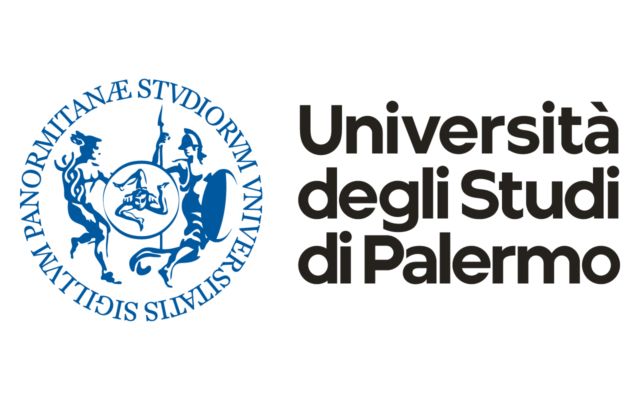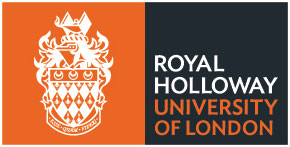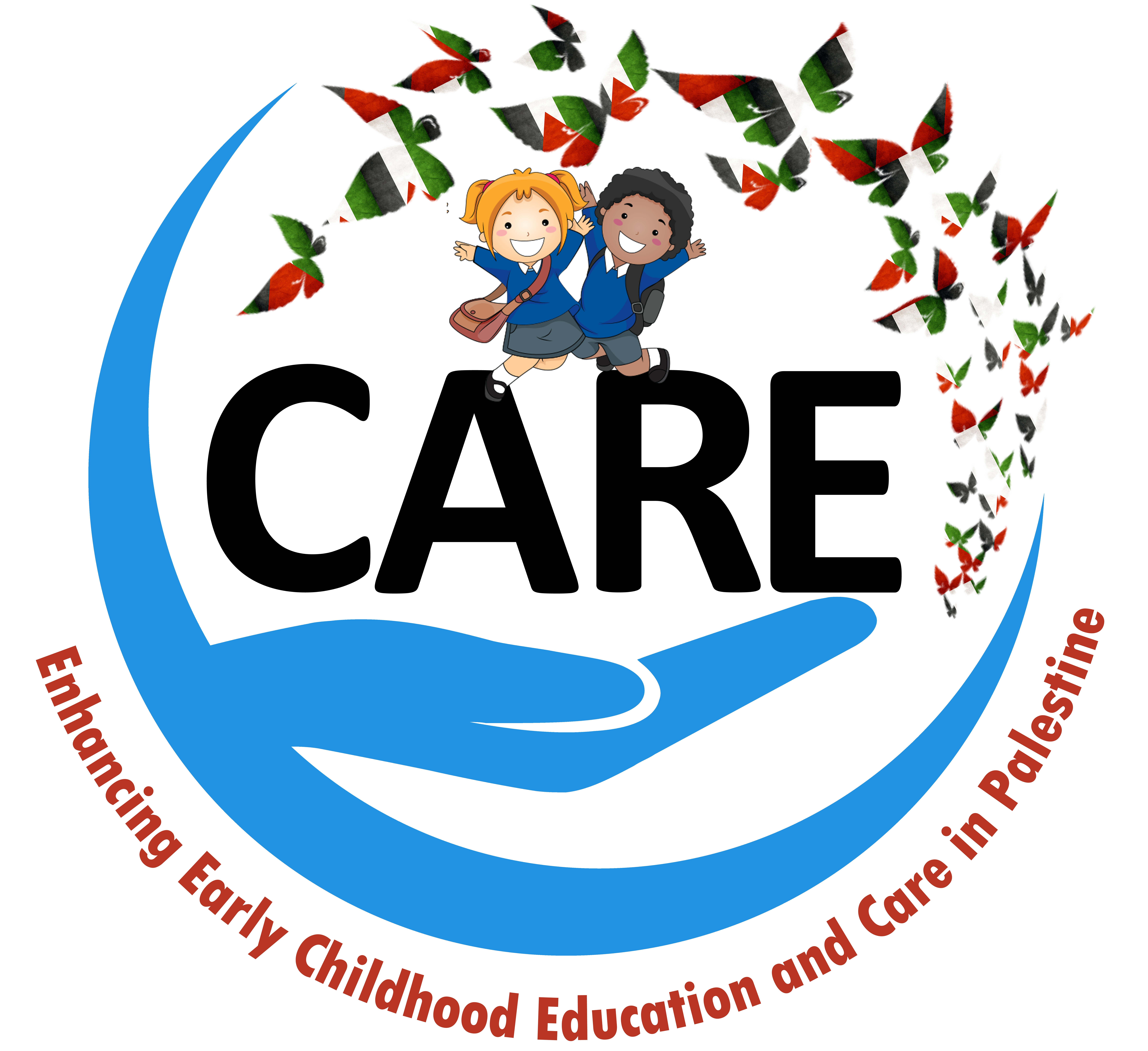Disclaimer: This Project funded by the European Union. Views and opinions expressed are however those of the author(s) only and do not necessarily reflect those of the European Union or the European Education and Culture Executive Agency (EACEA). Neither the European Union nor EACEA can be held responsible for them. ![]()
Resources of Training Course
University of Palermo, Italy
8
Sessions
18-22 July 2022
Duration
English
Language
Overview
Completing this course will help you:
- Explore The reflexive evaluation of educators in early child educational contexts
- Discover The role of expressive languages in teacher’s training for inclusion processes
- Empowering the “4Cs” of childhood educators through ICT integration
- Distinguish the HINTS FOR SPECIAL EDUCATION AND INCLUSIVE TEACHING PLANNING
- Distinguish The early childhood educational service in Palermo. Some exsperiences from the nursery and the infant school
- Explain the Psychological resilience from an ecological perspective. Links with motor, cognitive, emotional and social development of the child from 0 to 6 years.
- Observation of children in relation to educational action
- Community engagement in educational processes
Who is the traning course for?
Academic Staff from project partners
TRAINING COURSE PATH
- A “quality” concept not «objective». It’s historically and culturally determined, and it changes in time and in geographical space.
- So, the quality concept of ECEC services is negotiated through dialogue in equip es in every context
Presenter:
Vittoria Castagna Phd
University of Palermo
The 21st Century Skills Early Learning Framework (P21 ELF) was developed to encourage educators, providers of services to young children, administrators, and policymakers to include early learning as they develop strategies for full integration of 21st century skills into their learning programs.
View The Presentation
Presenter :
Elif Gulbay & Federica Martino
University of Palermo
View The Presentation
Presenter :
Elif Gulbay & Federica Martino
University of Palermo
The nursery is an educational and social service that the Municipality of Palermo offers to children and their families. The offer of services for children from 0 to 3 years old is made, up not only by the 26 municipal nurseries, but also by accredited private nurseries that gave to Municipality theyr availability of places.
View The Presentation
View The Presentation
View The Presentation
View The Presentation
Presenter:
View The Presentation
View The Presentation
View The Presentation
View The Presentation
Presenter:
Index of works:
View The Presentation
Presenter:
- Formative pact
- Definition of observation
- Differences between observing and interpreting
- Ecological theoretical framework
- Who to observe and for what purpose
View The Presentation
Presenter:
- Cinzia Novara
- Gaetano Di Napoli
- Massimiliano Schirinzi
- marianna.alesi@unipa.it
it is important encourage a cultural and ethical-political
change, involving the educational institution in order to achieve a renewal of the educational and social contexts and in an
inclusive perspective.
View The Presentation
Presenter:
Elena Mignosi
Department of Psychological, Pedagogical and Educational Sciences
University of Palermo, Italy
View The Presentation
Presenter:
Elena Mignosi
Department of Psychological, Pedagogical and Educational Sciences
University of Palermo, Italy
Any loss or anomaly affecting physiological, anatomical, psychological structures or functions. Characterized by transient or permanent loss or abnormalities and represents the externalization of a pathological state and generally reflects localized organ disorders
View The Presentation
Presenter:
Giuseppa Compagno
University Of Palermo
View The Presentation
Presenter:
Giuseppa Compagno
University Of Palermo
Our module is aimed at enhancing knowledge about resilience as well as of milestones of motor, cognitive, social and emotional development from 0 to 6 years. Moreover, it tries to provide skills to observe and assess these milestones in order to design educational interventions as well as to become familiar with some strategies to foster resilience
View The Presentation
Presenters:
View The Presentation
Presenters:
- CRISTIANO INGUGLIA cristiano.inguglia@unipa.it
- MARIANNA ALESI marianna.alesi@unipa.it
Index of works:
View The Presentation
Presenter:
Roberta T. DiRosa
robertateresa.dirosa@unipa.it
- COMMUNITY INVOLVEMENT
- a starting point and an opportunity to be seized to activate processes;
- skills useful for further development
- About your environment
- What are some of the adversities faced by individuals, families, groups, communities in your area?
- What are some negative outcomes that result from these adversities?
- Can you identify any instances of better-than-expected outcomes?
- If so, what are the resilience processes that may have enabled these outcomes?
View The Presentation
Presenter:
Roberta T. DiRosa
robertateresa.dirosa@unipa.it
Supporting Resources
Abstract Underlying the recent focus on embodied and interactive aspects of social
understanding are several intuitions about what roles the body, interaction processes,
and interpersonal experience play. In this paper, we introduce a systematic, hands-on
method for investigating the experience of interacting and its role in intersubjectivity.
View The Presentation
Authors:
Hanne De Jaegher & Barbara Pieper & Daniel Clénin3 & Thomas Fuchs
View The Presentation
Authors:
Hanne De Jaegher & Barbara Pieper & Daniel Clénin3 & Thomas Fuchs
Intersubjectivity is a concept central to human interaction, broadly understood as the sharing of minds. There is a rich diversity of conceptualizations of intersubjectivity, but detailed operationalization for its component processes in social interactions are scarce. We propose a novel approach to examine detailed variation in intersubjectivity in interaction.
View The Presentation
Authors :
MELISA STEVANOVIC & SONJA E. KOSKI
University of Helsinki
View The Presentation
Authors :
MELISA STEVANOVIC & SONJA E. KOSKI
University of Helsinki
The neural circuits activated in a person carrying out actions, express ing emotions, and experiencing sensations are activated also, auto matically via a mirror neuron system, in the observer of those actions, emotions, and sensations.
View The Presentation
Authors:
Vittorio Gallese & Morris N. Eagle & Paolo Migone
View The Presentation
Authors:
Vittorio Gallese & Morris N. Eagle & Paolo Migone
While traditional theories of cognition tend to conceive of mental capacities as disembodied or merely supervenient on brain states, in recent decades the insight has spread that mental processes cannot be confined to activities inside the skull alone.
View The Presentation
Authors :
Durt, Christoph, Thomas Fuchs, and Christian Tewes.
View The Presentation
Authors :
Durt, Christoph, Thomas Fuchs, and Christian Tewes.
Training Courses
You might also be interested in these Training courses

Polytechnic Institute of Bragança Portugal
Polytechnic Institute Of Bragança - Portugal
View training Course

Al-Quds Open University, Ramallah, Palestine
Al-Quds Open University, Ramallah, Palestine
View Traning Course

University Of Palermo, Italy
University Of Palermo, Italy
View Traning Course

University of Crete, Greece
University of Crete, Greece
View Traning Course

Royal Holloway University of London (RHUL)
Royal Holloway University Of London (RHUL)
View Traning Course
PIXEL, ITALY
PIXEL, ITALY
View Traning Course

University Of Palermo, Italy
University Of Palermo, Italy
View Traning Course
